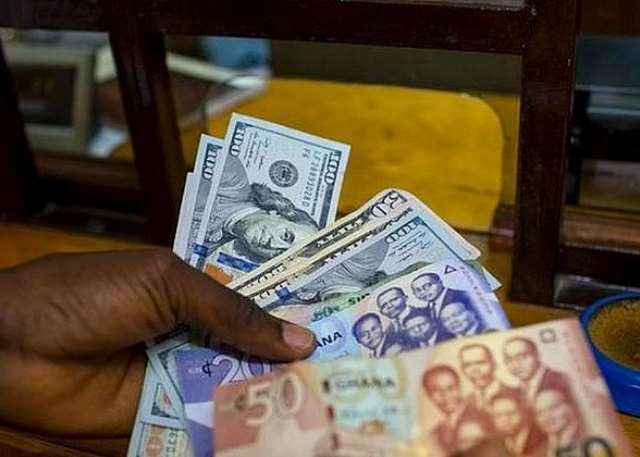The Ghanaian Cedi has demonstrated notable strength against the United States dollar, reaching a buying rate of GHS13.82 and a selling rate of GHS14.57 per dollar as of May 5, 2025. This positive trend signifies an appreciation of the cedi, making it more valuable relative to the dollar. Forex bureaus, which provide currency exchange services to individuals and businesses, are offering slightly different rates, with a buying rate of GHS14.20 and a selling rate of GHS14.90. This difference in rates between the official market and forex bureaus is common and reflects the dynamics of supply and demand in each respective market. The information, sourced from Cedirates.com, a trusted platform for currency information in Ghana, reflects the prevailing market conditions.
The interbank market, where banks trade currencies among themselves, displays even tighter spreads between buying and selling rates. The buying rate for the dollar stands at GHS13.89, while the selling rate is GHS13.91. This minimal difference reflects the larger volumes and lower transaction costs associated with interbank trading. The cedi’s performance against other major currencies, such as the British pound and the euro, also shows a strong position. The pound is exchanging at an average buying rate of GHS18.30 and a selling rate of GHS19.39, while the euro trades at GHS15.57 for buying and GHS16.61 for selling. These rates underscore the cedi’s overall strength in the foreign exchange market. The Bank of Ghana’s interbank market rates further corroborate this trend, with the pound selling at GHS18.48 and the euro trading at GHS15.75.
Money transfer operators, like LemFi and Afriex, offer competitive exchange rates for remittances from the US or the UK to Ghana. These platforms provide a convenient and often cost-effective way to send money across borders. For dollar transfers, LemFi offers a rate of GHS13.90 per dollar, while Afriex provides a slightly more favorable rate of GHS13.32. This difference highlights the competitive landscape within the remittance market and provides options for consumers seeking the best exchange rates. For pound transfers, LemFi offers GHS18.49, and Afriex provides GHS17.78 per pound. Similarly, for euro transfers, Afriex offers a rate of GHS15.13 per euro, while LemFi offers GHS15.71. These variations in rates between providers encourage competition and benefit customers by offering choices based on their specific needs.
Digital subscriptions, a growing segment of online spending, also utilize specific exchange rates for payments. For services like Netflix, Spotify, or Apple Music, payments made using Visa cards are processed at a rate of GHS14.93 per dollar, while Mastercard transactions use a rate of GHS14.87 per dollar. This slight difference is likely due to the varying fees and processing agreements between the card networks and the service providers. Understanding these rates allows consumers to anticipate the final cost of their subscriptions in local currency.
The overall picture presented by these exchange rates indicates a positive trajectory for the Ghanaian Cedi. The cedi’s appreciation against major currencies like the US dollar, British pound, and euro suggests a strengthening Ghanaian economy and potentially increased investor confidence. This positive momentum is reinforced by the competitive rates offered by money transfer operators and digital payment platforms, facilitating international transactions and cross-border commerce.
The continued monitoring of these exchange rates is crucial for businesses, investors, and individuals engaged in international transactions. Factors influencing these rates include global economic conditions, local monetary policies, and market sentiment. A strong cedi can have positive impacts on the Ghanaian economy by making imports cheaper and potentially reducing inflation. However, it can also impact export competitiveness, as Ghanaian goods become relatively more expensive for foreign buyers. Therefore, maintaining a balanced and stable exchange rate is essential for sustainable economic growth and development.


